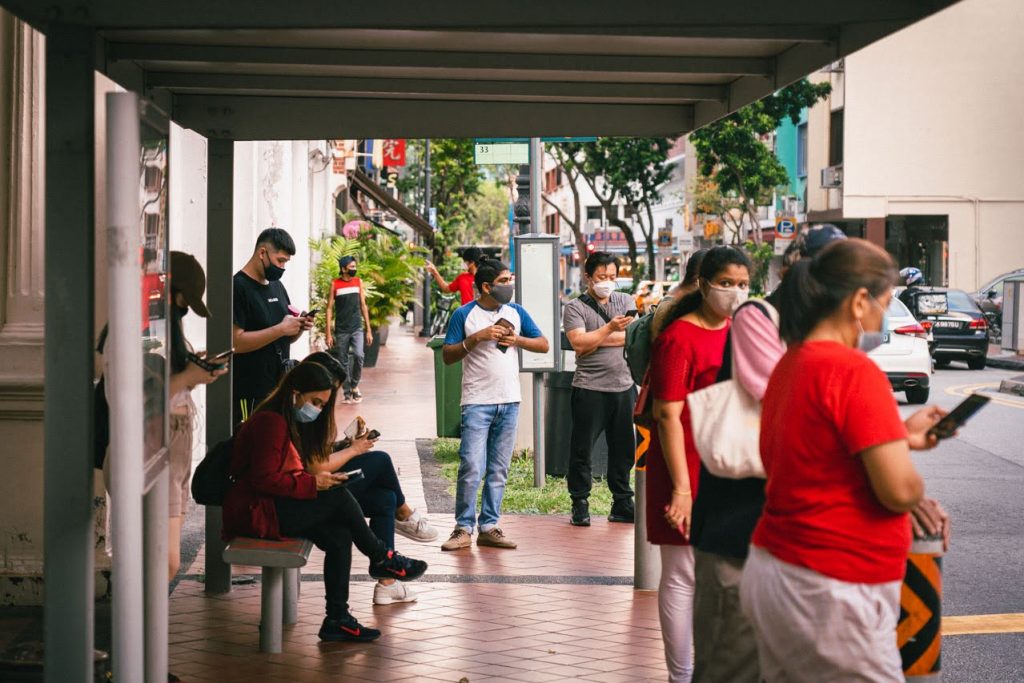All statistics from statista.com.
Singapore has reported a sub 1% GDP growth for 2019. The slowdown cannot be directly attributed to the ongoing US- China trade war. In fact, the average annual GDP growth rate for the past 5 years in Singapore has been close to 2.5%—similar to that of large advanced economies such as the US and Australia.
The commonly believed (and official) narrative of slowing growth rates as the economy matures doesn’t quite stand up to scrutiny. Firstly, GDP per capita cannot be used as a sole measure of the maturity of an economy. Countries like Qatar and Macau boast higher per capita income than many Western European countries but can hardly be considered on par with them in holistic development.
Secondly, small advanced countries such as Ireland and Israel have been growing much faster (6.9% and 3.4% average annual GDP growth rates respectively over the past 5 years) than Singapore over the past few years.
Low blue-collar wages relative to advanced economies, a high 80% of population still living in public housing and an underdeveloped local SME sector put Singapore closer to a developing (albeit one with good infrastructure) country rather than a developed one in the mould of Switzerland or Japan.
Double digit growth rates may not be achievable or even desirable but as a city state and financial hub, Singapore needs to benchmark itself with global cities such as San Francisco (around 5%- 6% annual GDP growth over past few years) to stay relevant.
The challenge is in delivering high quality productivity driven GDP growth rather than an immigration driven one.
Foreign investment driven growth is reaching diminishing returns. The heydays of Fairchild Semiconductor and Seagate in the seventies and eighties creating thousands of jobs are well behind us. Given high levels of automation and specialised skills requirement, foreign investments are unlikely to have much job creating potential for locals.

The days of school dropouts starting wholesale trading companies are over. One now needs brainpower and the knowledge gained in the MITs and Caltech’s of the world to create world class companies.
The best and brightest in advanced countries embrace risk taking and entrepreneurship. Jeff Bezos, a gifted education program student and founder of Amazon is a prime example.
Israel is another example. It’s elite Talpiot military program is similar to many programs in Singapore that focus on selecting academically brilliant students, with one major difference- its graduates form the backbone of Israel’s world class tech industry founding many of its top companies. When they leave the military, many go out and start new companies nurturing them to world class standards.
This is unheard of in Singapore. Most of this talent sits comfortably in the civil service. The signal this sends is that the top talent here needs high paying, safe and stable jobs. Entrepreneurship and risk taking are the preserve of those with few options, poor education or of foreign companies.
Why Singapore’s academically bright are not able to do something similar to other advanced countries needs to be pondered. Serious rethink is also needed on the government scholarship model.
Is it as relevant now as it was in the early days? Is it fostering a culture of risk aversion and entitlement? Should a good proportion of scholarships require recipients to start or turnaround real companies and create value rather than perform administrative tasks?
Ultimately if Singapore is to become a knowledge economy and climb the ranks of the truly advanced countries, GDP needs to be generated through brainpower and innovation. The education system should evolve beyond producing test takers. The country needs smart, driven entrepreneurs and innovators that can take the economy to the next level. Most important, the top talent in Singapore needs to be at the forefront of this transformation.
More than 50 years after independence, Singapore should be creating a culture where more James Dysons are produced rather than still wooed for investments.






